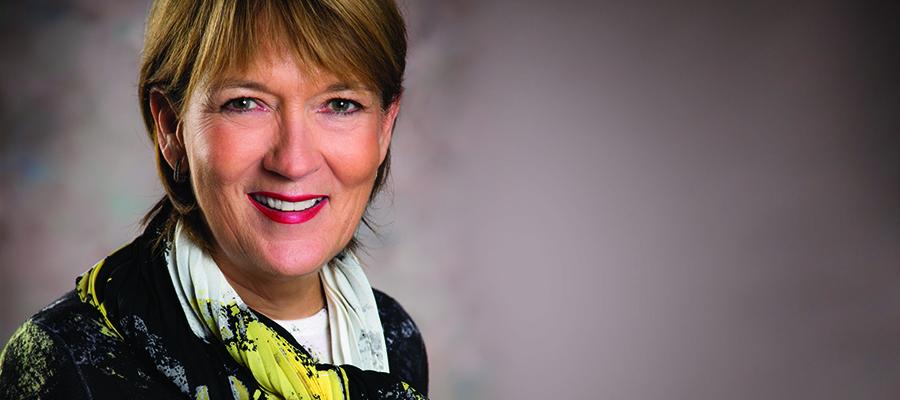Chair File: A Governor Speaks Frankly about Opioid Misuse

Students at the Virginia Tech Carilion School of Medicine in Roanoke, Va., may have paid a bit closer attention than usual to their guest lecturer on Oct. 2. To be sure, the speaker was a distinguished pediatric neurologist, but these days he is more widely known as the governor of Virginia.
Gov. Ralph Northam has made a special point of visiting medical colleges all across the Old Dominion to discuss ways in which doctors-in-training can enlist in the ongoing, long-term battle against the opioid epidemic. He is often accompanied by a young man named Ryan Hall, who shares his powerful story of painkiller addition and recovery.
The governor briefed the students about new state initiatives underway, including a program through Medicaid that connects providers who can prescribe medication to treat opioid use disorder. Virginia is also exploring programs to retrain health care providers to treat pain without opioids, or alternatively, to limit the number of pills prescribed.
This is encouraging progress. Even better, Gov. Northam understands that any meaningful discussion of overcoming the opioid problem must go beyond listing programs or citing statistics. He realizes that the language surrounding the topic is equally important. It frames this national scourge the right way. An appropriate vocabulary includes words like hope, respect, dignity, and validation as a human being.
Substance use disorder is not a choice or a moral failing; it is a chronic disease, and we must address the stigma attached to it.
Gov. Northam was clear that our national opioid crisis won’t be solved overnight. The complexity of the problem is detailed in a book I highly recommend, “Dopesick,” by Beth Macy, which looks at the how the epidemic took hold in our neck of Appalachia.
Honest, rational, and respectful discussion of opioid addiction is an essential starting point for any successful effort to push back against it.
I am grateful to Gov. Northam for adding an insightful new dimension to the education of Virginia’s medical students.
I’m proud of the work hospitals and health systems like my own Carilion Clinic are doing to combat the opioid epidemic. And I’ve been so pleased to lend my voice to the AHA’s efforts to assist the field and advocate to needed changes in public policy and resources. For more resources on combatting the opioid epidemic and the stigma attached to opioid use disorder, please visit www.aha.org/opioids.

